
Nội dung bài viết / Table of Contents
Who doesn’t want thick and bouncy hair? While some of us are genetically blessed to have full heads of hair, many others are having a very hard time struggling with hair loss. This is why hair supplements with “too good to be true claims” (e.g. making you grow long, luscious, healthy hair in no time) are selling out like hotcakes. But do any of these products actually work and make a difference? Arm yourself with some facts below before swiping your credit card!
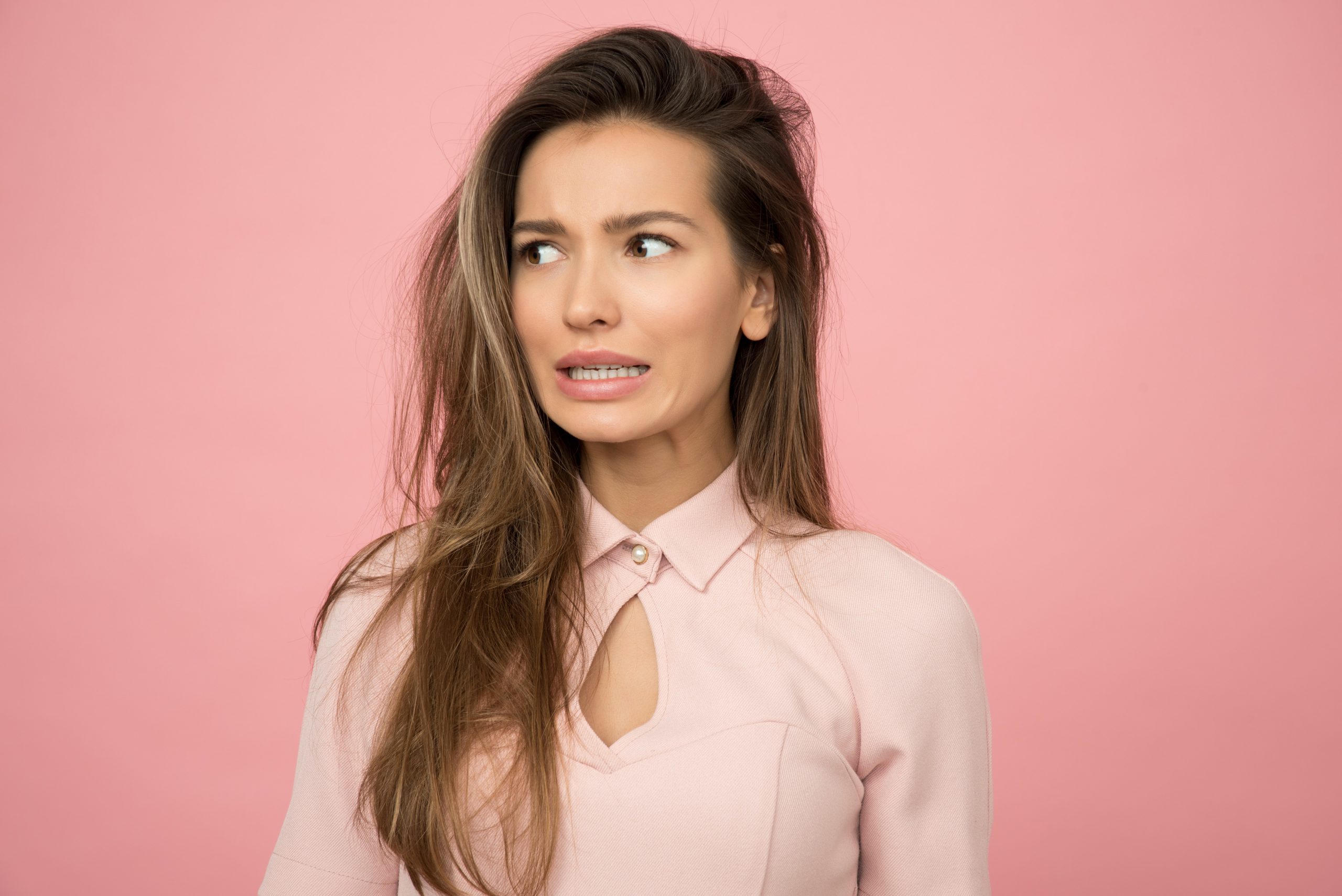
Credit: Moose Photos on Pexels
Most hair supplements available in the market are in the form of pills, gummies, or tablets. Like many other supplements, they can be considered expensive with prices that can go as high as $60 for a 40-day supply. Many brands usually boast the fact that they contain high amounts of biotin alongside other vitamins and minerals, which are then used to back up marketing claims like “making your hair grow faster.”
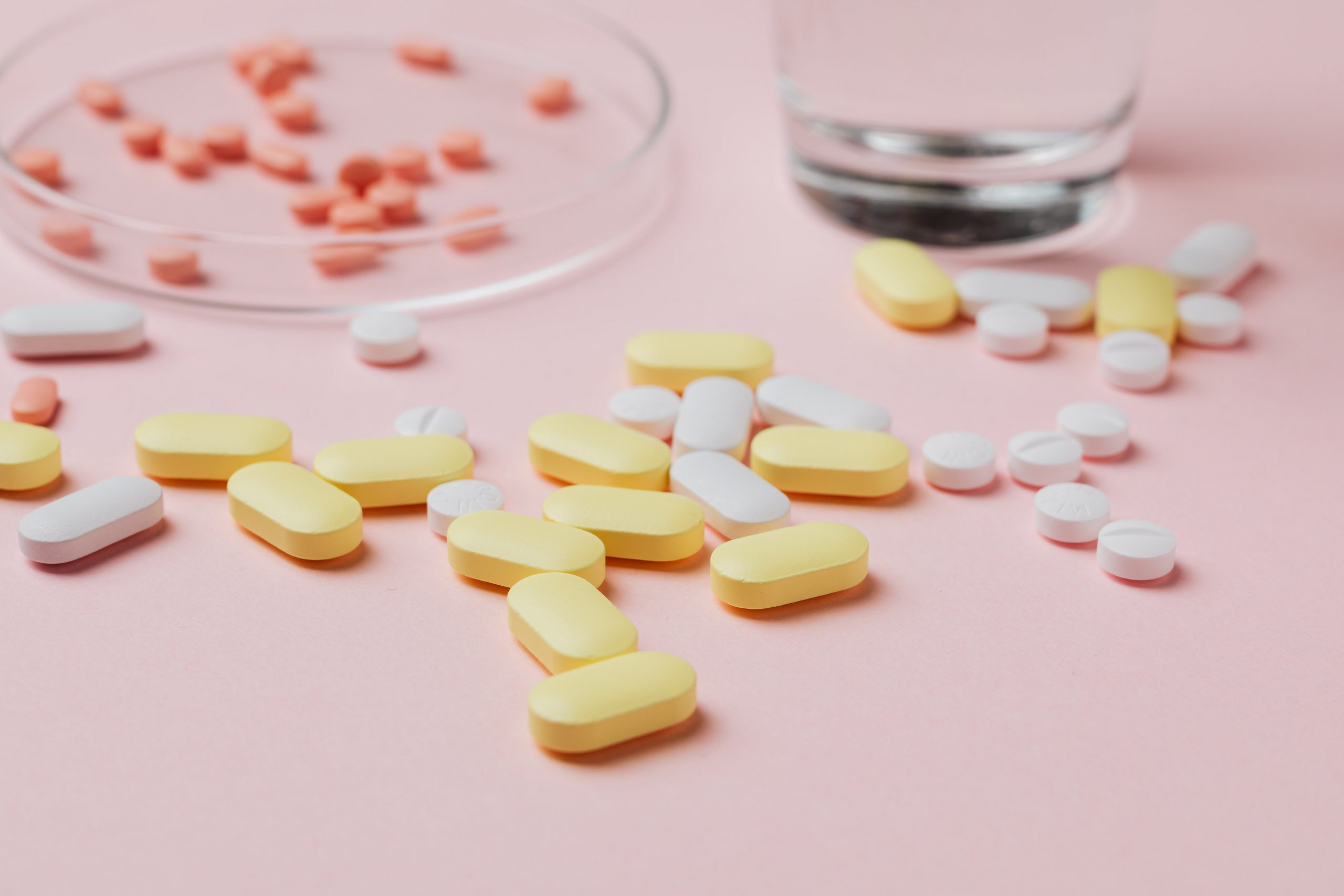
Credit: Karolina Grabowska on Pexels
Biotin, or also known as vitamin B7, is a nutrient belonging to the B-complex family. According to science, biotin plays an important part in fatty acids and glucose synthesis in our bodies. However, there is also a widely believed myth that biotin can make your hair grow faster and nails stronger. This false belief is most likely due to brands pushing the narrative that biotin is a “magic ingredient” for nails & hair-loss cure-all.
According to experts, there is no compelling evidence that biotin is related to accelerated hair and nail growth, as quoted below from the NCBI.
“Despite its popularity in the media and amongst consumers, biotin has no proven efficacy in hair and nail growth of healthy individuals. Only 1 study has shown decreased levels of biotin in healthy individuals, though this data was confounded by multiple factors, including patient history.”
Furthermore, the U.S. Food & Drug Administration (FDA) has warned against the safety of high-dose biotin consumption. In their statement, it is stated that biotin can interfere with certain test results, throwing off lab tests into projecting significantly false reports. This could certainly lead to wrongful diagnoses that are dangerous to our health. There has been one reported case of death where the person taking high doses of biotin “died following low troponin test results when a troponin test subject to biotin interference was used.”
The recommended amount of daily biotin intake is 0.03 mg, since it is within the safe levels of not being able to affect lab results but still sufficient for our body’s needs. Regardless of that, hair vitamin supplements usually contain extremely high contents of biotin, commonly as high as 20 mg or 650x the safe levels. This is unarguably dangerous when consumed for prolonged periods of time, especially if starting at a young age.
Even though we now have learned that hair supplements’ claims are not backed up with science; we still cannot ignore the fact that there are people —both in real life and on the internet— who feel that hair supplements actually aid in their hair growth. Let’s take a look at the possibilities!
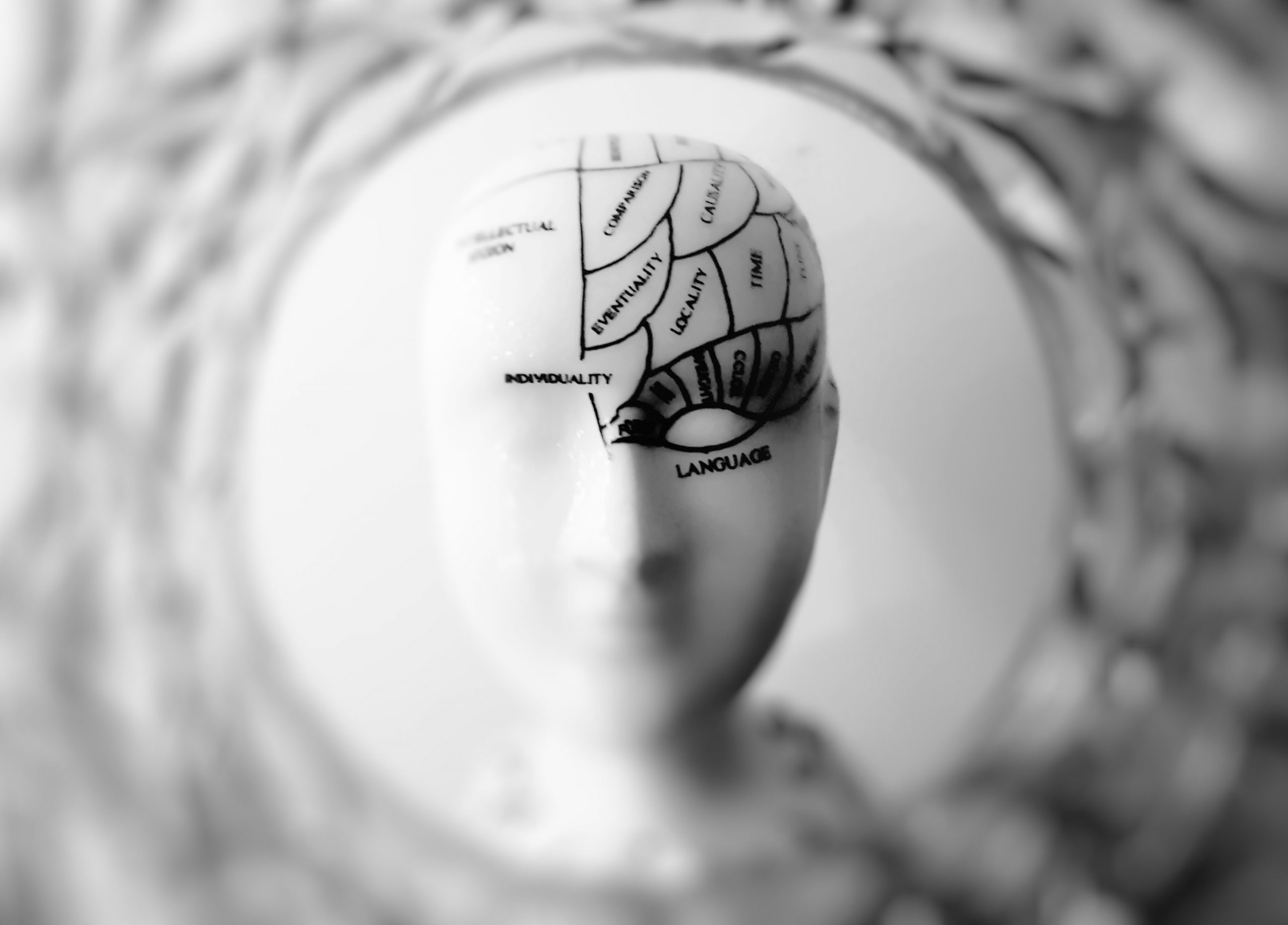
Credit: Meo on Pexels
Pseudoscience & Placebo effect
The power of pseudoscience and placebo effect on the human brain and body cannot be underestimated. Pseudoscience is a collection of beliefs & practices that are mistakenly regarded as being based on science, when in reality, they aren’t. This is very common in the age of social media where you can “see” lots of people practicing the same thing (in this case is taking hair supplements) and hence believe that it is good for you, only because everyone else is doing it. Similar to the placebo effect, pseudoscience might literally improve your wellbeing, albeit only temporarily.
According to BrainFacts.org, “believing that a treatment will work can trigger neurotransmitter release, hormone production, and an immune response, easing symptoms of pain, inflammatory diseases, and mood disorders.” In other words, this could be an explanation for why many people feel good about their hair after taking the supplements, even though biotin has no proven efficacy for hair growth.
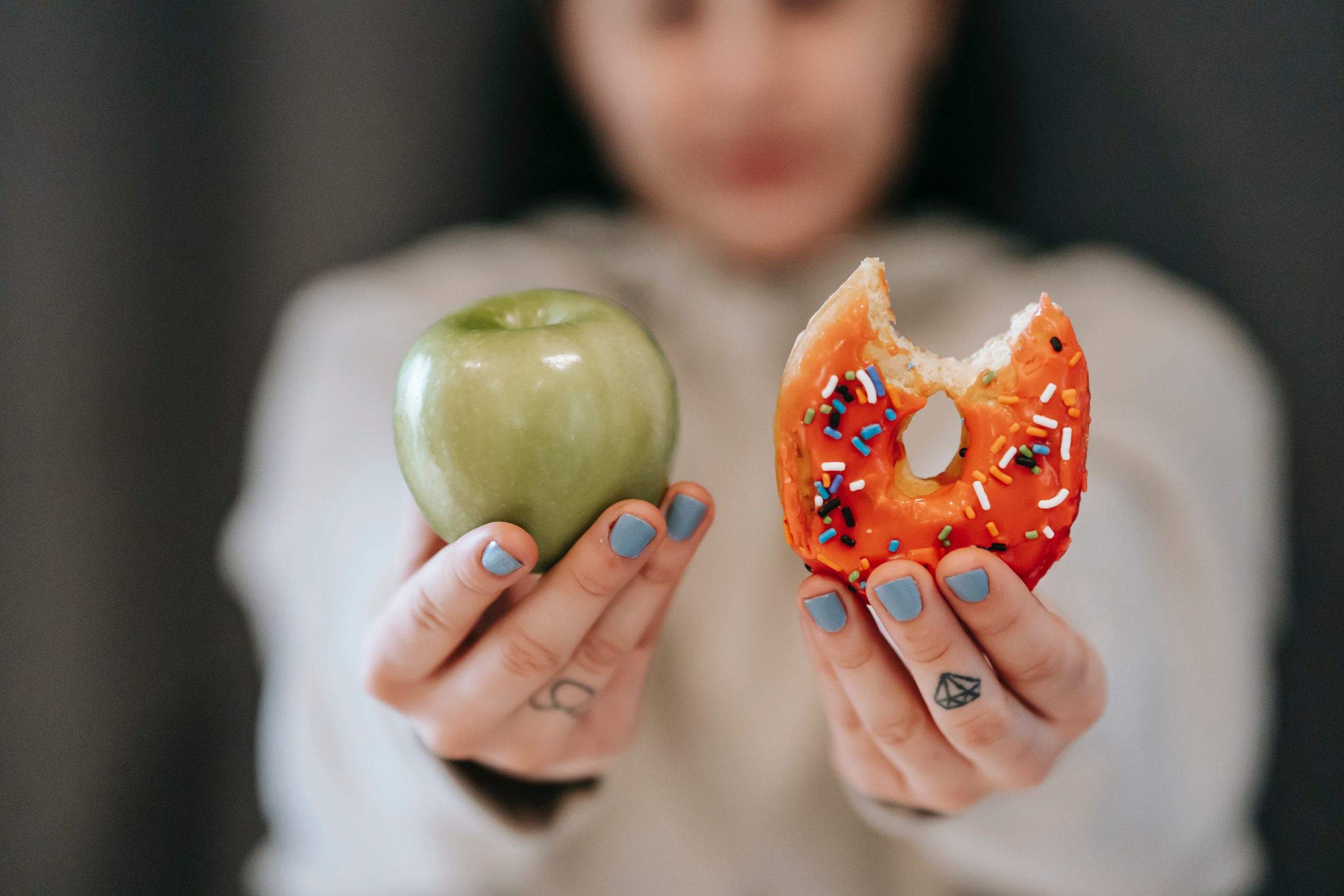
Credit: Andres Ayrton on Pexels
Nutrient deficiencies
Being deficient in certain nutrients can make your hair fall off and/or grow very slow. Some people might not realize that they have certain nutrient deficiencies which affect their overall well-being, leading to unhealthy scalp and hair loss. Therefore, when they start taking hair supplements that contain high amounts of vitamins, they see some degree of improvement in their hair length and health.
However, it is much better to satisfy your nutritional needs through healthy foods rather than spending hundreds of dollars on hair vitamins, since whole foods are jam-packed with many nutrients essential for our health. Most healthy people can very easily reach their daily needs of biotin through foods only. Egg yolks, nuts, organ meats, bananas, soybeans, cereals, and cauliflowers are some of the common foods containing sufficient amounts of biotin.
Losing 50-100 hair strands per day is considered normal for most adults. Our hair goes through a growth cycle and it must fall during the 4th stage. Regardless of that, many people start to panic and think that they are experiencing “hair loss” when this natural process takes place. In addition, there are lots of people complaining about their hair growing “too slow”, when in fact their growth is still at the normal speed of ½ inch per month or 6 inches per year.
On the flip side, there are people who lose more hair than usual, to the point that they start to have bald patches and notice that their hairline is receding. This condition is what we can classify as hair loss.
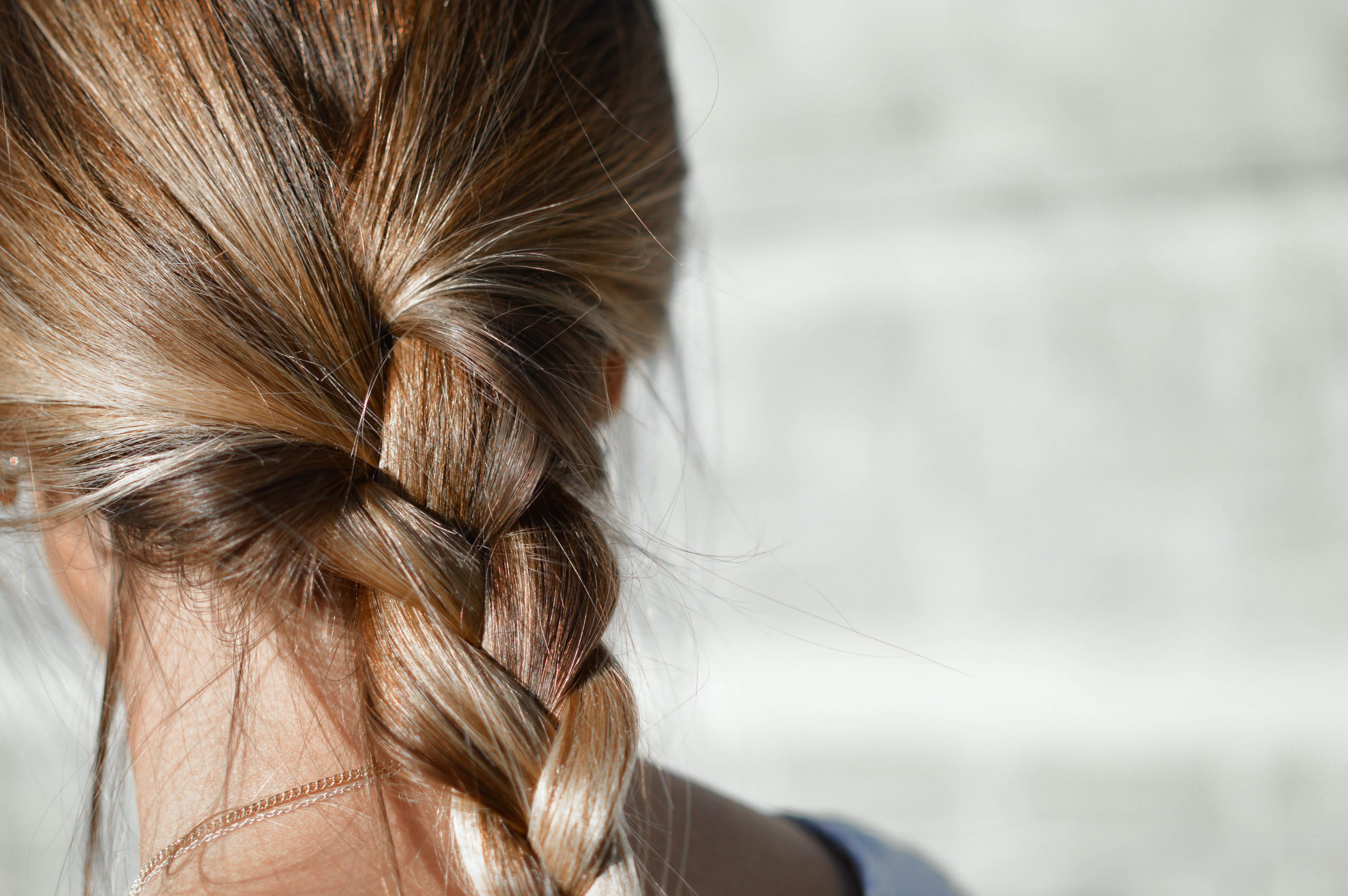
Credit: Tamara Bellis on Pexels
Hair loss can be caused by one or more of the following things:
Different causes require different treatments. Seeing that there are so many causes for hair loss and that some of them could potentially lead to a serious health diagnosis, the first and best thing you can do to treat your hair loss is to talk to a medical examiner. Not only will they enable you to catch a potentially serious health issue early, but they would also help you “rule out things” that might or might not be the cause of your hair loss.
There are many things you can do to support your scalp health and overall hair growth:
Consume enough calories — In order for your hair to grow, you need to eat enough calories. Restrictive diets that limit your calorie intake to low levels would force your body to “cut corners” in order to survive. Our body does so by prioritizing calorie supply to “more essential organs” such as brain and heart, and compromising on “less essential things” like our hair, skin, and nails.
Proper nutrition — Supplying your body with enough macro and micronutrients through healthy foods will take you much closer to achieving healthy hair than any hair supplement could ever do. Additionally, it is recommended to do a lab test to figure out if you have certain nutrient deficiencies which might contribute to your hair loss, and whether you require additional supplementations through other means.

Credit: Armin Rimoldi on Pexels
Find a hair care regime that suits you — Some shampoos, conditioners, and other hair products might work very well for lots of people, including many celebrities we know and love. However, some people can develop adverse reactions to them; such as red, itchy, or burning scalp. This is often due to sensitivity or even allergic reactions to specific ingredients or the product formulation as a whole. Some ingredients that could potentially cause adverse reactions are fragrance, essential oils, and propylene glycol (usually in hairsprays). But it doesn’t mean that you can’t use products containing these ingredients unless you have a known allergy, since cosmetic products in most countries are rigorously tested for safety before hitting the market. However, if you experience any adverse reactions after using a particular product, stop usage immediately in order not to experience further damage. Don’t forget to always patch-test before introducing any new product into your hair care routine.
Do not overstrip your scalp — Clarifying shampoos and scalp scrubs are gaining popularity in the beauty market. They are usually marketed as powerful products that can remove buildup in your scalp. These buildups usually refer to dry shampoo and hairspray residue, oil, dirt and grimes that are believed to clog your scalp pores and cause a long list of hair problems. While they might seem tempting to use frequently due to the “squeaky clean” feeling and “immediate results” you can feel on your hair, it is not wise to use them very often. Scalp scrubs and clarifying shampoos are often extremely stripping. While they do have a place and function in your hair care routine, using them more than 1-2 times a month is unnecessary. Overstripping your scalp with such products could lead to irritation, brittle hair, and even hair loss. After using such products, it is best to do a deep conditioning hair mask to minimize hair breakage.
Consider science-backed treatments — There are several options of science-backed procedures that have been rigorously tested for safety and efficacy for hair regrowth. Some of the most popular ones are: over-the-counter topical minoxidil, platelet-rich plasma (PRP) injections, light & laser therapies, prescription oral finasteride, and surgical hair transplant.
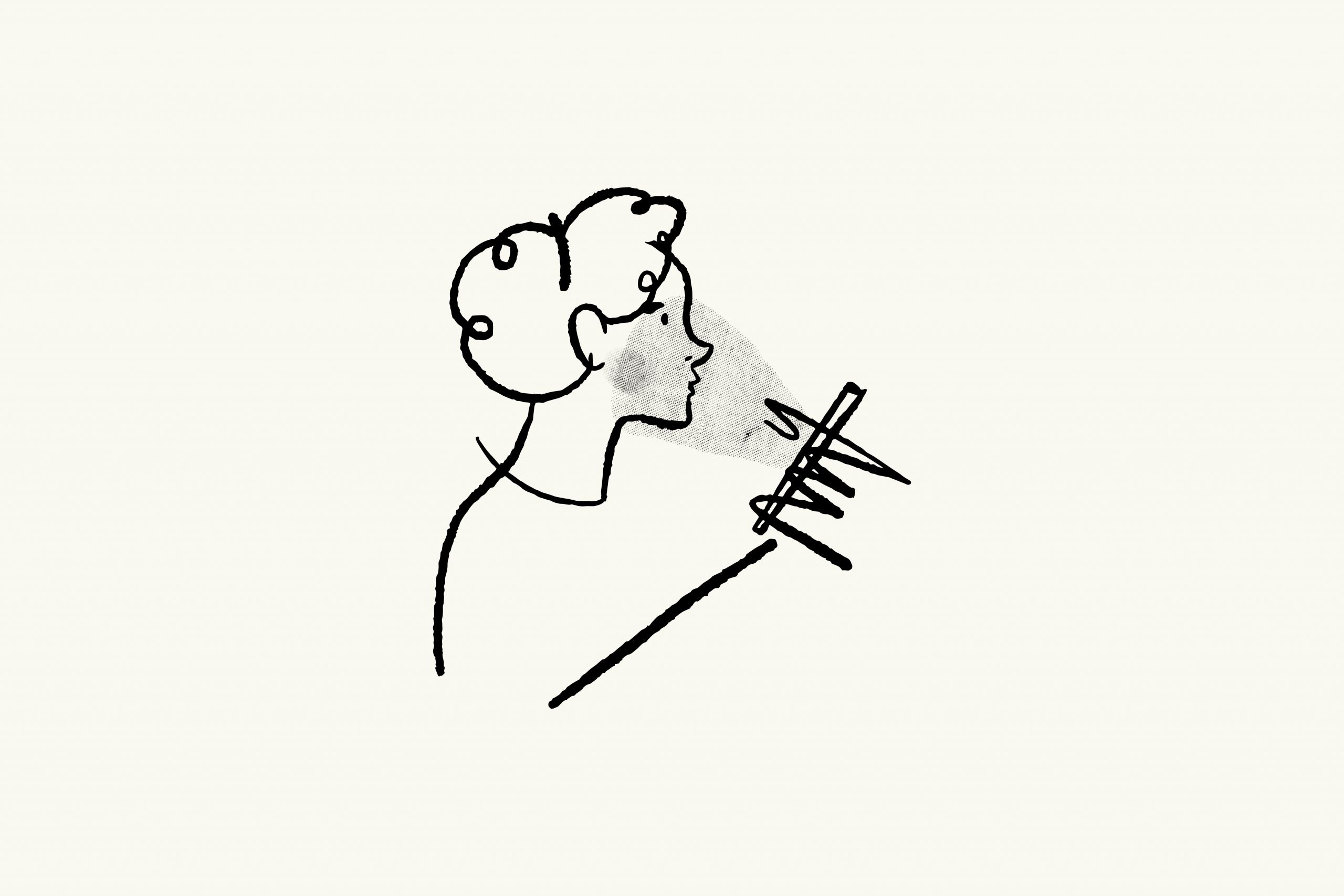
Credit: Visuals on Unsplash
There is currently no evidence proving the efficacy of biotin in the hair and nail growth of healthy individuals. In fact, the FDA recommends against consuming excessive amounts of biotin as contained in most hair supplements since they have been proven to result in wrongful lab test results. It is much better to take care of your hair through healthy diets rather than spending hundreds of dollars on hair vitamins that do not work.
Hair fall of 50-100 strands per day is considered normal. If you experience abnormal hair loss, it is best to consult with a medical provider in order to find out the underlying cause. There are also certain holistic methods you can try to support your scalp health and hair growth, as well as science-backed procedures whose efficacy has been rigorously tested.
BrainFacts.org. (n.d.). The Neuroscience Behind the Placebo Effect. BrainFacts.org. https://www.brainfacts.org/brain-anatomy-and-function/cells-and-circuits/2020/the-neuroscience-behind-the-placebo-effect-110420.
Deanne Mraz Robinson, M. D. (2020, July 3). Science-Backed Hair Regrowth Treatments. The Doctor Weighs In. https://thedoctorweighsin.com/hair-regrowth-treatments/.
FDA. (2019, November 5). UPDATE: The FDA Warns that Biotin May Interfere with Lab Tests. U.S. Food and Drug Administration. https://www.fda.gov/medical-devices/safety-communications/update-fda-warns-biotin-may-interfere-lab-tests-fda-safety-communication.
Goodman, B. (2017, November 29). FDA Warns Biotin Can Distort Lab Tests. WebMD. https://www.webmd.com/vitamins-and-supplements/news/20171129/fda-warns-biotin-can-distort-lab-tests.
Harvard Health Publishing. (2018, December 1). Biotin may throw off lab test results. Harvard Health. https://www.health.harvard.edu/staying-healthy/biotin-may-throw-off-lab-test-results.
Harvard Health Publishing. (2018, December 5). Hair Loss. Harvard Health. https://www.health.harvard.edu/a_to_z/hair-loss-a-to-z.
Huizen, J. (2021, May 25). Biotin for hair growth: Dosage and side effects. Medical News Today. https://www.medicalnewstoday.com/articles/319427#link.
Patel, D. P., Swink, S. M., & Castelo-Soccio, L. (2017, August). A Review of the Use of Biotin for Hair Loss. NCBI. https://www.ncbi.nlm.nih.gov/pmc/articles/PMC5582478/.